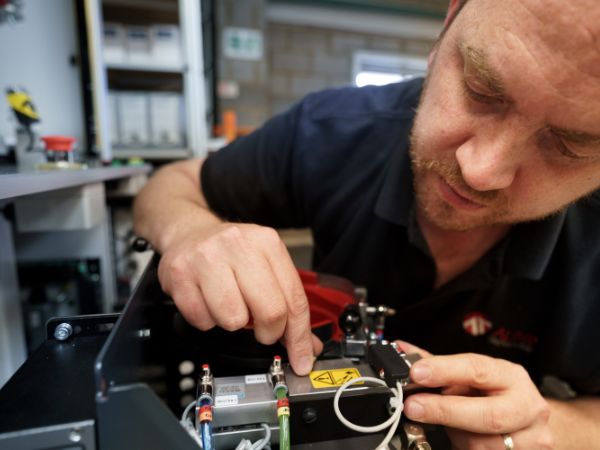Background
An Estonian-based electronics manufacturer, a long-time ALPHR partner, approached us with a need for automating the production and testing of an automotive soot sensor module. This module, which plays a vital role in monitoring particulate emissions within the exhaust system, must ensure compliance with diesel particulate filter standards. The customer needed a high-throughput solution capable of handling two product variants with distinct housing and pin configurations, all while maintaining the quality and reliability that we are known for.
Solution
We designed a comprehensive 10-station rotary indexing machine to meet the project’s specific requirements, achieving a cycle time of 14 seconds per assembly. This system provided full automation, including:
- Automated Assembly and Testing: Key features included force measurement during PCB placement, automated screwdriving, and end-of-line testing, ensuring each module met quality standards.
- Advanced Laser Welding: Using the Branson Radiance 3G system, we implemented Through-Transmission Infrared (STTIr) laser welding to achieve a robust, hermetic seal. This process enabled precise control over welding depth and ensured a consistent, durable connection between the black rear housing and white cover.
- Seamless Integration with Proprietary Software: By linking our control PC with the customer’s proprietary testing software, we streamlined testing and programming. Data from these processes was recorded for traceability and quality control, facilitating in-depth analysis and performance monitoring.
- High-Precision Quality Assurance: Vision inspection, leak testing, and electrical checks were integrated at multiple stages, automating product reject handling and verifying PCB alignment and assembly accuracy.
Results
The automation solution delivered significant benefits for the customer:
- Efficiency Gains: The 14-second cycle time enabled the customer to meet high production demands without compromising quality.
- Quality Improvements: Automated checks and precise laser welding led to consistent product quality, minimising rework and waste.
- Cost Reductions: By streamlining assembly and reducing manual intervention, the customer saw lower operational costs and reduced material usage.
- Enhanced Reliability: Comprehensive traceability and end-of-line testing improved reliability, strengthening customer satisfaction and the customer’s reputation in the automotive market.
Through this fully integrated automation solution, we successfully addressed the customer’s production challenges, providing a scalable, cost-effective approach that elevated their operational efficiency and product quality.


